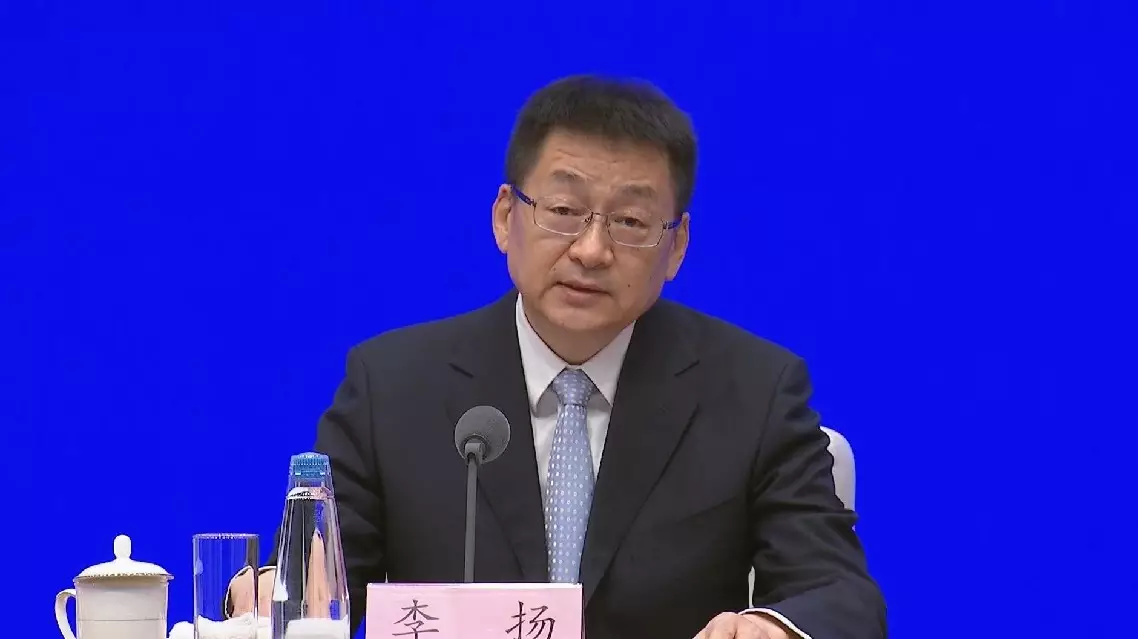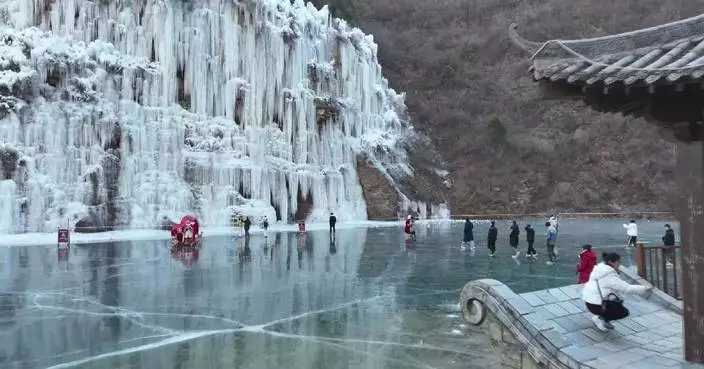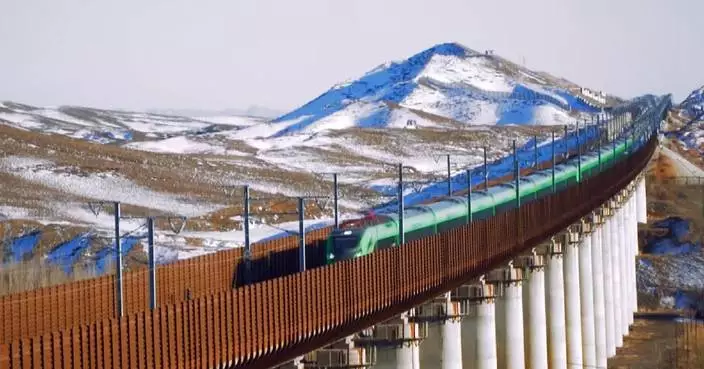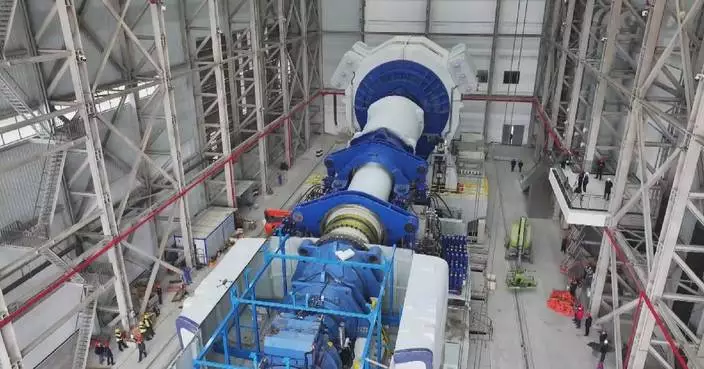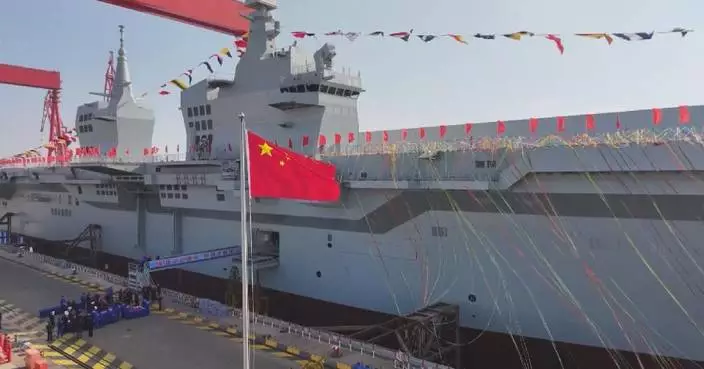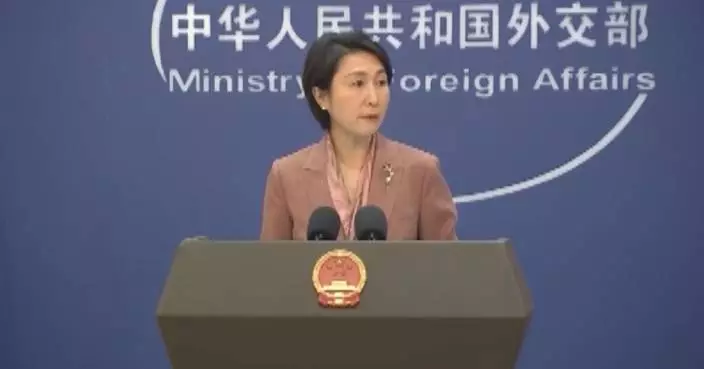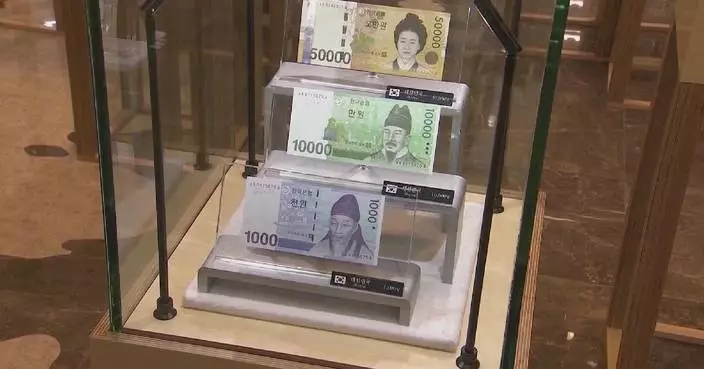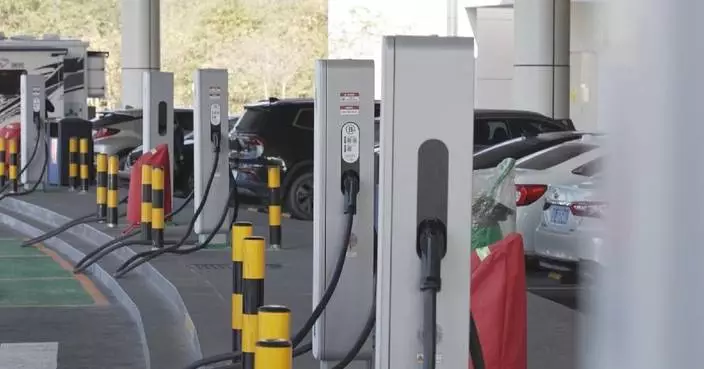The Pacific island nation of Vanuatu is facing increasing challenges from extreme weather brought by climate change, and the country is striving to enhance its climate change readiness despite disadvantages in access to resources, said the country's climate change minister.
In an exclusive interview with China Global Television Network (CGTN), Ralph Regenvanu, the country's Minister of Climate Change Adaptation, Meteorology and Geo-Hazards, Energy, Environment and Disaster Management, said the impacts from climate change are increasing and becoming more costly, including more frequent extreme weather events in Vanuatu, giving the government and people less time to recover.
"Climate change is impacting Vanuatu in many ways. So we have obviously the slow onset effects like sea level rise, which is happening centimeter by centimeter each year. We see it when there's major cyclones or extreme weather events, how far the sea comes inland much, much further than ever before. The slow onset sea level rise also means that large areas of low lying land are becoming uninhabited. You can't grow crops anymore. People have got to move. We also see changes in vegetation patterns, changes in what you can grow, that kind of thing," said the minister.
"But also we have, of course, the extreme weather events, the tropical cyclones. For example, the category five Tropical Cyclone Pam that hit us in 2015. It was the first category five tropical cyclone in the Pacific region. And we've estimated it cost us 64 percent of GDP from that one event over two or three days. So that's over half of your GDP going in one event. And we're still recovering now. We're still rebuilding some of the schools and infrastructure that was damaged back then," he added.
Regenvanu stressed that as a small island nation without a large economy, Vanuatu faces more acute challenges in dealing with the effects of climate change.
"I think that all countries all over the world are affected differently by climate change and we are seeing that now all over the world. The difference between Vanuatu and some other countries is that we don't have the finance to properly build resilient infrastructure that can withstand it and we don't have the finance to rebuild quickly afterwards. And that's a key element of the whole climate justice debate," said the climate official.
"One is building public infrastructure. More resilient schools, hospitals, health centers, aid, roads. We need to build much stronger, be able to resist cyclones so that we don't have to continue to rebuild every six months when they get destroyed. And so we can make those changes. We need to adapt and that's what makes us resilient. That resilience is reaching the breaking point in many ways. There are things we have to adapt to things we've never come across," he said.
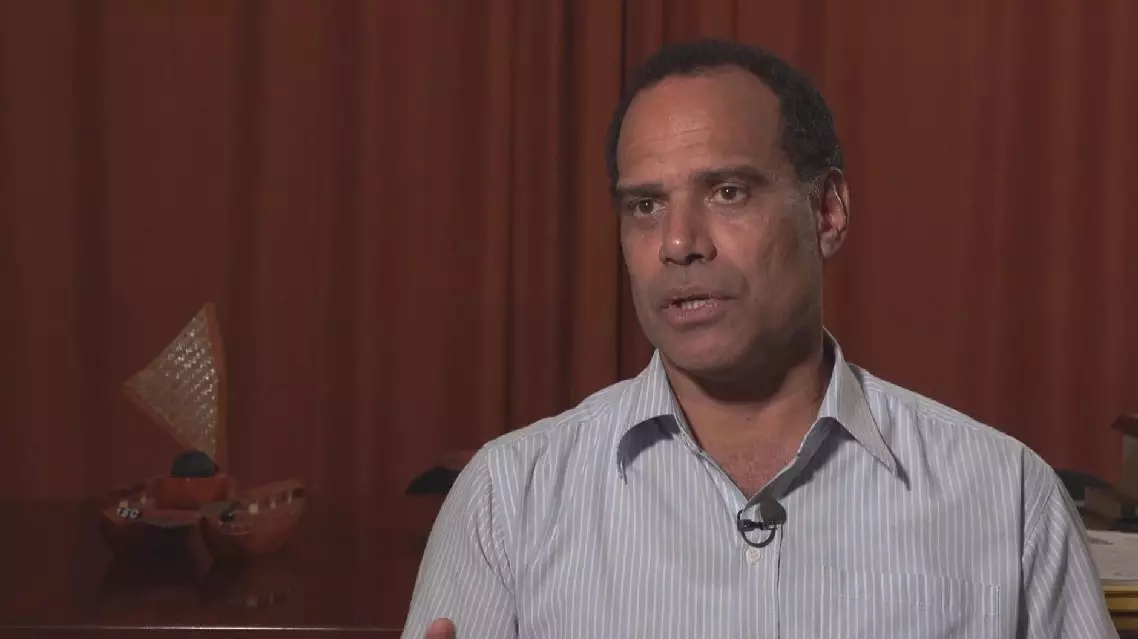
Vanuatu strives for climate change readiness: minister


